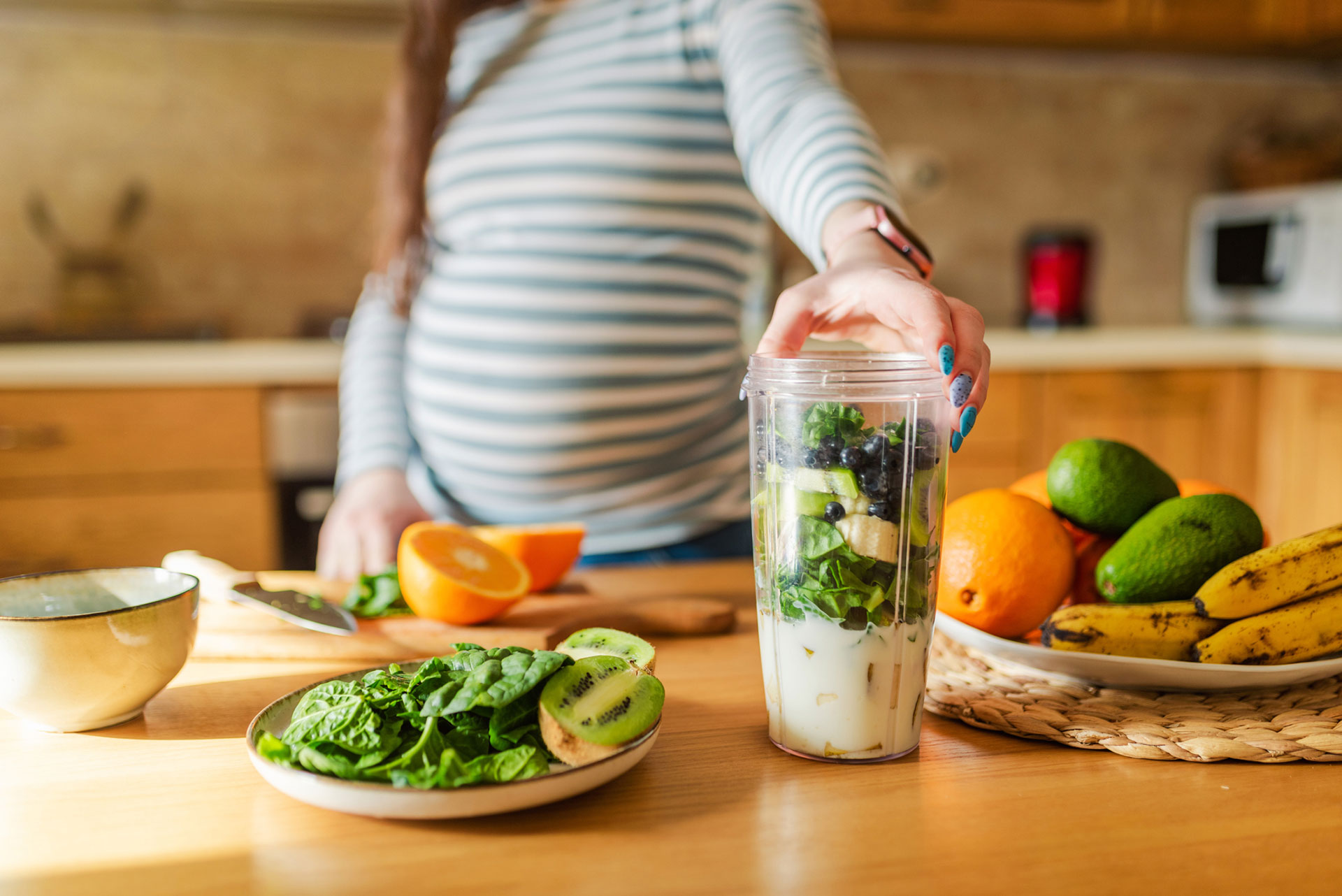“5 Natural Ways to Help Reduce Postpartum Hair Loss” | myMindBodyBaby
Hair today, gone tomorrow!
Let’s talk postpartum hair loss…ugh!
As if it’s not enough that we have to deal with the delightful (not!) symptoms associated with pregnancy, we are then left with postpartum bathroom “challenges”, not to mention our new mom bod… and then our lushness locks end up in your shower drain! I bet your feeling pretty sexy right now, right?!
I’ve been anticipating this turn of events as all my girlfriends raged about the injustice of this hormonal shift. Texts from Lyndsey include, “I have NO idea how I’m not COMPLETELY bald at this point!”, “I swear there is MORE hair on my hardwood floors than on my head right now…”.
Well, so far I’m happy to report, I’ve dodged this unpleasant bullet. And while I might not be completely out of the woods, I want to highlight a couple of diet and lifestyle factors that could be keeping my hair on my head and not clogging my shower drain.
But first, what causes postpartum hair loss?
After birth, our bodies are working tirelessly to rebalance the hormonal shifts that took place during pregnancy. Estrogen and progesterone surge during these months, which keep our tresses in a ‘growing stage’ (so you see less hair loss). However, once they start to decline, hair follicles start to revert back to normal growth patterns and more hair is lost per day – about 80-100 hairs. For you breastfeeding mamas out there, increases in the hormone prolactin can also contribute to increased shedding.
So, what can be done?
1. Protein
I’m a stickler with this one. I’ve met very few clients who (in my humble opinion) get enough of this macronutrient. Protein is, (among other things) responsible for building and repairing all the cells in our body and is the key building block of our hair follicles. Are you getting enough? Aim for incorporating 4 x 15-20g servings of protein per day in your diet or .8g of protein per kilogram body weight. Here are some examples of protein rich foods:
4oz chicken breast
3/4 cup organic plain Greek yogurt
2-3 eggs
1 scoop quality protein powder
4tbsp hemp seeds
Need help? Click here for designed for you meal plans that will ensure you are getting plenty of protein!
2. Stress
Lack of sleep + healing +ranging hormones + complete overhaul of lifestyle = stress! As if this wasn’t enough but you probably aren’t eating as well as you did pre-baby, or getting enough food (did you know breastfeeding moms need 300-500 more calories per day?), and taking your supplements may be lost in your baby-brain to do list. The first few months can be extremely stressful and, unfortunately, the hormonal cascade caused by this can lead to hair loss. One of my go-to stress busters during this time was lavender essential oil. It’s calming to the brain and safe for baby as well. Diffuse this or rub between your hands, cup over your nose and take a few deep breaths.
I also asked for a lot of help. Thank goodness for my mother who spent many days here helping me adjust to my new life. Doing this allowed me to do some of those things that were important for keeping my stress down, such as cook meals (and lactation muffins), shower and nap. If you feel like you need some more support or a virtual hug, check out our little community here.
3. Vitamin D
Studies show correlations between low serum levels of Vitamin D and hair loss. Best to have this evaluated by your GP or Naturopath to ensure your levels are adequate.
I’ve always had lower levels so have been taking about 4000IU daily for the past few years. Remember, not only is vitamin D important to maintain healthy hair, but it’s vital to our immune system, breast health and key during pregnancy.
4. Blood Sugar Balance
Lack of sleep often creates cravings for sugar as it helps to temporarily increase our energy levels. However, too much sugar (aka carbs) flood our system causing a surge in insulin and androgen hormones (male hormones) which bind to our hair follicles and can make it fall out. This can also damage blood vessels and impede oxygen from nourishing our follicles.
Tips for balancing sugars- consume protein and healthy plant-based fats when you eat carbohydrates. For example, combine an apple with natural almond butter. Oatmeal is wonderful for lactation, just make sure you top with hemp and unsweetened coconut for added satiety and sugar balance!
Lastly, skip anything white. I know we’ve all heard it before, but these babies spike our blood sugar like crazy and lead to further cravings, fatigue, moodiness and hormonal imbalances.
5. Essential Fatty Acids
As a nutritionist I’m always going to point you in the direction of foods first and then supplementation (although in this case, I’d suggest both). Here’s why – trust me on this one, after your little one arrives, it can be a challenge to meet your daily requirements for nutrients. Omegas are especially important as they provide some of the vital building blocks for cognitive development. Foods high in omega 3 fatty acids include avocado, olive oil, cold water fish like salmon, raw nuts and seeds and coconut oil. Fish oil, however, provides a more concentrated dose of essential fatty acids than if you just relied on foods.
Studies also show that Omega-3 fats nourish the hair, support hair thickening and reduce inflammation that can lead to hair loss.
Unfortunately for many, some postpartum hair loss is an inevitable part of the postpartum stage. The good news, in most cases it will subside and return to normal. So remember, as you wash your beloved locks down the drain, the little lump of love waiting (im)patiently for you in the next room makes it all worth it, right!?
Loving this article on 5 Natural Ways to Reduce Postpartum Hair Loss? Please share and save your fellow mamas the horror of watching their locks wash down the drain!




